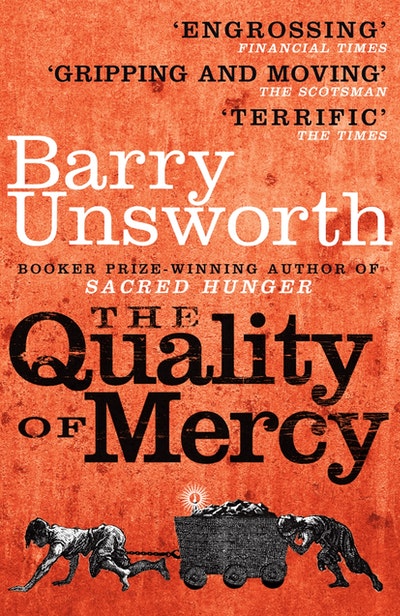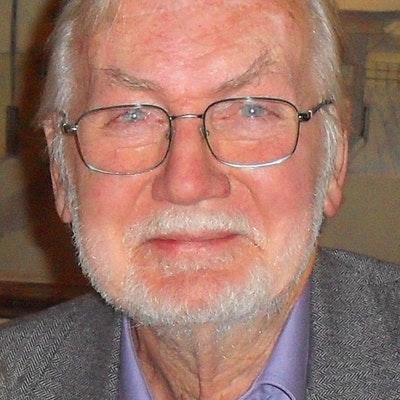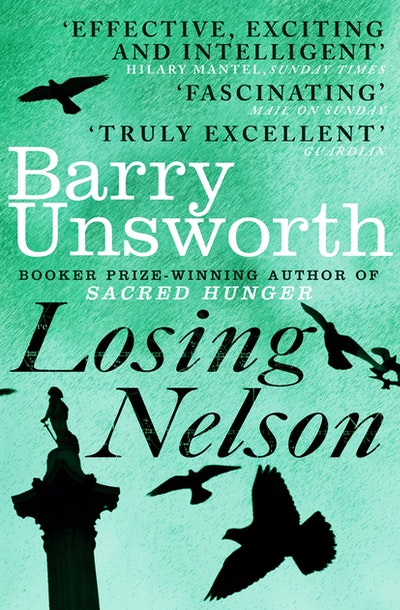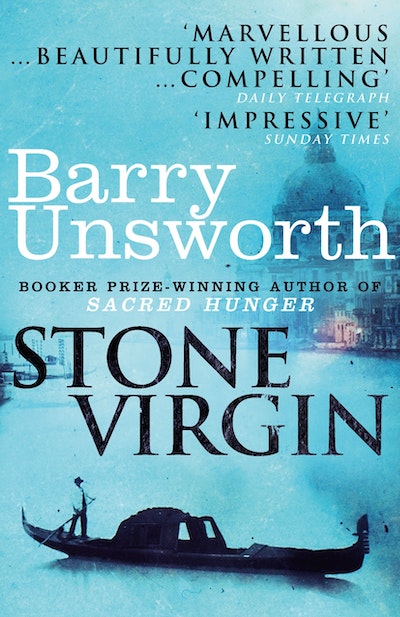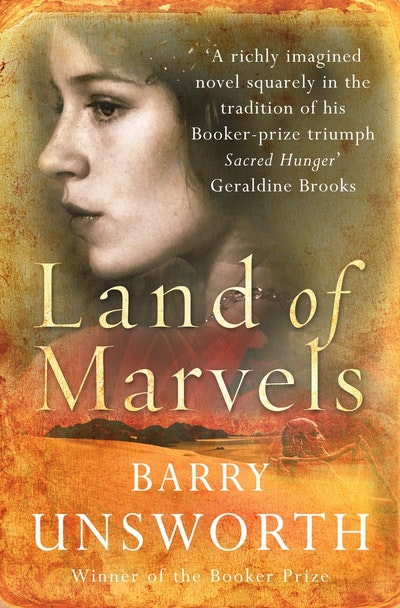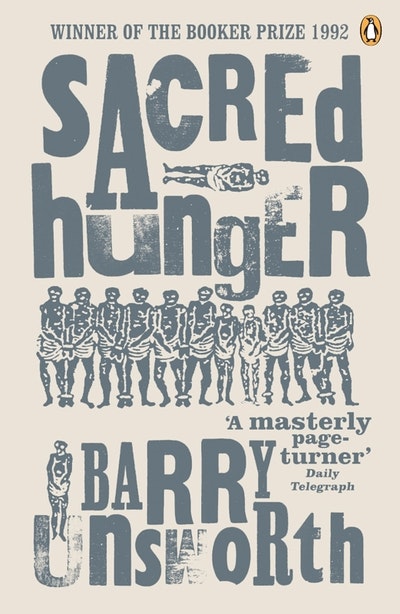- Published: 31 October 2011
- ISBN: 9781448107445
- Imprint: Cornerstone Digital
- Format: EBook
- Pages: 304
The Quality of Mercy
- Published: 31 October 2011
- ISBN: 9781448107445
- Imprint: Cornerstone Digital
- Format: EBook
- Pages: 304
Here, immediately, you know that you are in the hands of a master . . . There are several strands to the novel, interwoven with rare artistry and assurance . . . Barry Unsworth does all this. The Quality of Mercy is the work of one who is both artist and craftsman. There is not a page without interest, not a sentence that rings false. It is gripping and moving, a novel about justice which is worthy of that theme. In short, it is a tremendous achievement, as good as anything this great novelist has written.
Allan Massie, Scotsman
He is a historical novelist of a reliably old-fashioned sort: the writer who offers a plausible recreation of a bygone age and animates it with people whose motivations are consistent with the tenor of their time . . . the fact that his characters never turn into moral ciphers is one of his greatest strengths. [The Quality of Mercy] has all these qualities in spades
DJ Taylor, Independent
The big theme is power . . . Unsworth's 18th-century setting finds a correspondingly 18th-century feel in the fabric of his story: it is deeply sentimental, at time robustly comic . . . a silkily written potboiler, wonderfully well-realised, entirely engrossing.
Sam Leith, Financial Times
Has all its predecessor's power to shock. This novel is immediately involving and immensely readable and may even be better than the [Booker-winning] earlier book.
John Harding, Daily Mail
This gripping novel . . . stands alone as yet another example of the author's extraordinary ability to turn dry history into dramatic narrative . . . With so much happening on the page that is dramatic and plot-based - the many different narrative threads eventually tie together in an entirely satisfying fashion - it could be easy to overlook the instances of quiet psychological transformation that give this novel its particular power.
Christopher Potter, Sunday Times
